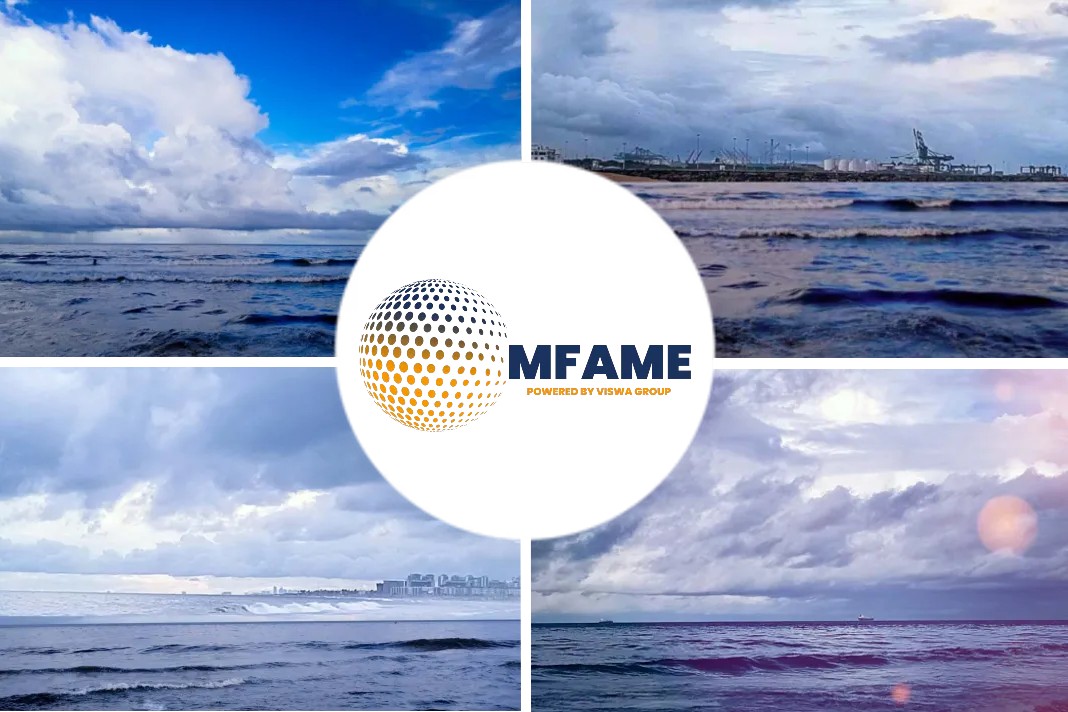
- Besides CATL and BYD, CALB, Gotion High-tech, Sunwoda, and Eve Energy feature among the world’s top 10 EV battery makers.
- CATL installed 165.7 gigawatt hours of battery cells in the first 11 months of last year, giving it a global market share of 37.1 per cent.
- Mainland manufacturers will produce an estimated 3,000 GWh of EV batteries in 2025, three times the expected domestic demand in 2025.
Chinese electric vehicle (EV) battery makers dominated the global market in 2022, with six companies featuring among the world’s top 10 players and accounting for a 60.5 per cent share amid a doubling of EV sales on the mainland.
World’s largest EV battery producer
Contemporary Amperex Technology (CATL), based in east China’s Fujian province, retained its position as the world’s largest EV battery producer, according to Seoul-based SNE Research.
CATL installed 165.7 gigawatt hours (GWh) of battery cells from January to November in 2022, 101.8 per cent more than the same period a year earlier, according to the research and consulting services provider.
The company’s global market share rose from 32.8 percent at the end of 2021 to 37.1 per cent.
Shenzhen-based EV and battery maker BYD ranked second. Its installation volume jumped 168.3 per cent to 60.6GWh, taking a 13.6 per cent share of the global market, compared with 8.8 per cent in 2021.
Berkshire Hathaway owned 14.9 percent of BYD’s Hong Kong-listed stock as of December 8, according to stock market filings.
Global leaders
“Chinese EV battery companies are now the global leaders in terms of both technology and sales volume,” said Davis Zhang, a senior executive at Suzhou Hazardtex, a supplier of specialized vehicle batteries.
“But they need to expand abroad to ease overcapacity woes.” Another four Chinese companies – CALB, Gotion High-tech, Sunwoda, and Eve Energy – were among the world’s top 10 EV battery makers.
CALB ranked seventh and had a 4 per cent market share; Gotion, in eighth place, had 2.8 per cent market share; Sunwoda was the ninth-largest player with a 1.7 per cent share while Eve, in 10th position, accounted for 1.3 per cent market share.
Sales of pure electric and plug-in hybrid cars in China are likely to have topped 6.4 million units in 2022, more than double the 2.99 million units recorded a year earlier, according to estimates from the China Passenger Car Association.
Largest EV market
China accounts for two-thirds of the global sales, making it the world’s largest EV market.
The International Energy Agency predicted that EV deliveries in 2022 could represent 13 percent of total passenger vehicles worldwide, which translates to about 10 million units.
CATL and BYD have been supplying to international carmakers such as Tesla and BMW. Their lithium-ion batteries, viewed as safe, economical and high-performance, are well received by the global marques.
Technology used
Currently, two technologies – LFP (lithium, iron and phosphate) and NCM (lithium, nickel, cobalt and manganese) – are widely used to make EV batteries.
CATL’s LFP and NCM batteries are popular with Chinese and international electric-car makers.
BYD’s blade LFP battery packs, designed to be long and thin, have been supplied to Tesla’s factory in Berlin.
Greater domestic demand
Chinese EV battery producers have to look abroad for customers as their capacity after a period of aggressive expansion will soon be three times greater than demand from domestic electric-car makers, according to a report by the Economic Daily, a newspaper run by the State Council.
Mainland manufacturers will produce an estimated 3,000 GWh of EV batteries in 2025, three times the expected domestic demand in 2025, the report said, basing its estimates on expansion plans unveiled by the major battery producers.
Did you subscribe to our Newsletter?
It’s Free! Click here to Subscribe.
Source: SCMP
















